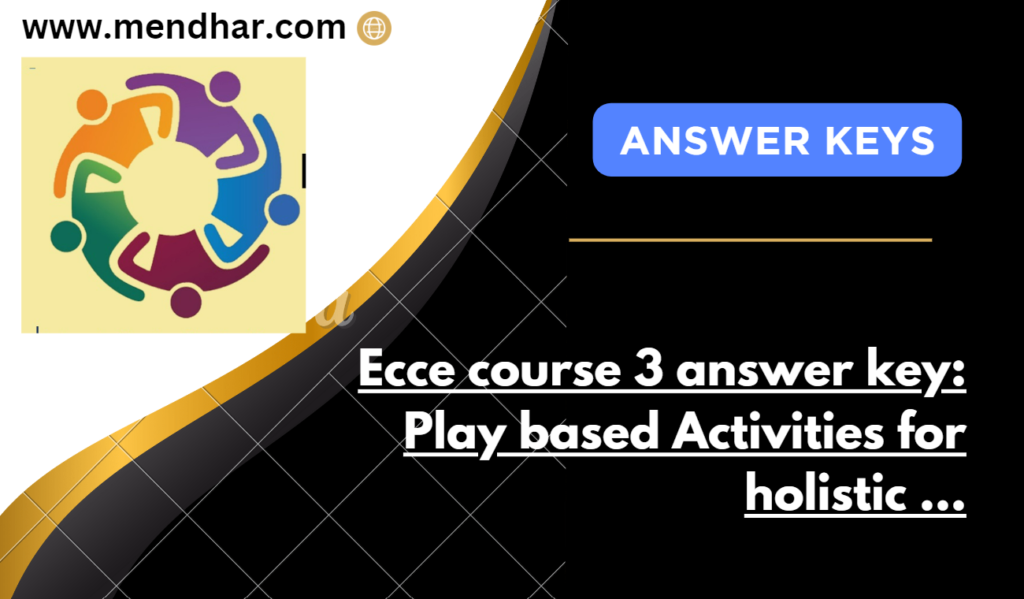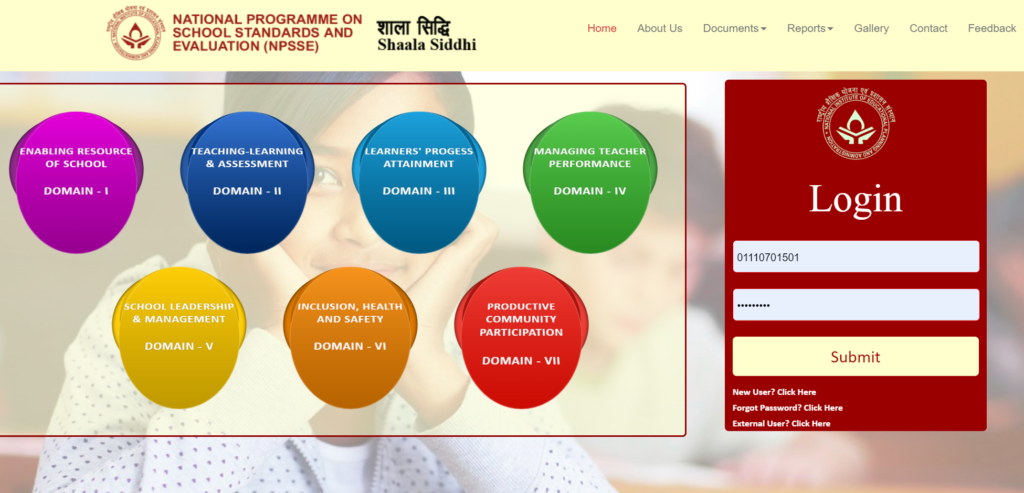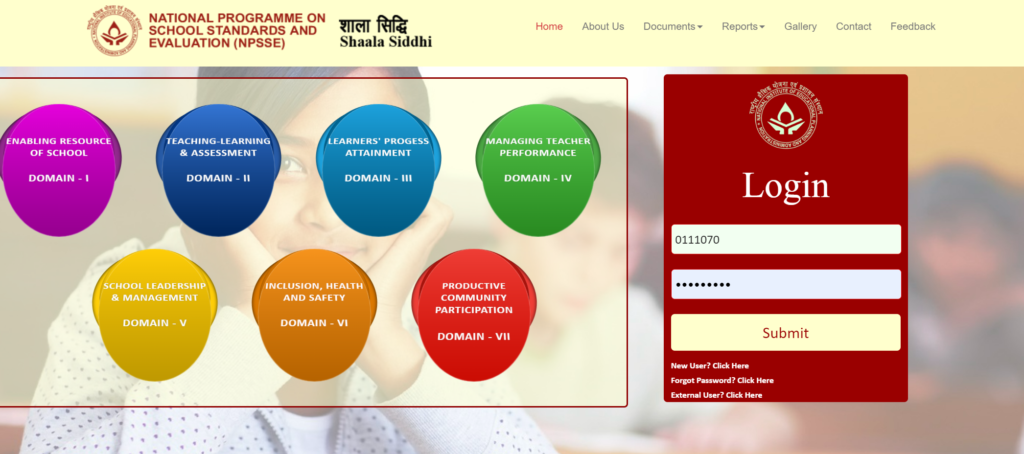Table of Contents
ToggleECCE NISHTHA 4.0 COURSE 3:Play Based Activities for holistic Development
Welcome to ECCE NISHTHA 4.0 Course 3, where we embark on a journey to explore the transformative power of play-based activities in fostering holistic development in early childhood. In this module, we delve into the intricacies of play and its profound impact on nurturing the physical, cognitive, emotional, and social well-being of young children. As educators and caregivers, understanding the dynamics of play is paramount in creating enriching environments that facilitate optimal growth and learning experiences for our little ones. Through engaging discussions, practical insights, and interactive sessions, this course equips participants with the tools and knowledge to harness the potential of play as a cornerstone of early childhood education. Join us as we unravel the magic of play and unlock the boundless potential it holds in shaping the future generation.

IMPORTANCE OF ECCE NISHTHA 4.0 COURSE 3
The importance of ECCE NISHTHA 4.0 Course 3 lies in its comprehensive approach to understanding and implementing play-based activities for holistic development in early childhood education. This course serves as a pivotal resource for educators, caregivers, and stakeholders in the field of early childhood care and education, offering invaluable insights into the significance of play in nurturing the physical, cognitive, emotional, and social well-being of young children. By emphasizing the integration of play-based learning strategies into educational practices, ECCE NISHTHA 4.0 Course 3 equips participants with the necessary knowledge and skills to create enriching environments that support optimal growth and development in children. Through this course, educators gain a deeper understanding of the transformative power of play, enabling them to foster creativity, critical thinking, problem-solving abilities, and social skills in their young learners. Thus, ECCE NISHTHA 4.0 Course 3 plays a vital role in shaping the future of early childhood education by highlighting the importance of play as a cornerstone of holistic development.
Answer key of ECCE NISHTHA 4.0 COURSE 3
ECCE Nishtha 4.0 Course 3 Answer Key
Q. Activities involving solving problems relationship card example look and key thread and needle etc answering simple questions for example what will happen if you do.
i. children become involved learners and contact with their immediate environment
ii. all of these (✔)
iii. children become effective communicators
iv. children maintain good health and well being
Q. Do children develop better when they initiate and engage in more play-based activities with other children?
i. fine Motor skills
ii. social skill (✔)
iii. gross motor skills
iv. physical skills
Q. Enhancing the development of the five senses, strengthening both larger and smaller bones and muscles, and refining eye-hand coordination contribute to…
i. Muscle development
ii. Physical development
iii. Body development
iv. Reading and writing (✔)
Q.Holistic progress card is…….. report.
i. two dimensional
ii. multi-dimensional (✔)
iii one dimensional
iv. three dimensional
Q.Observation of a child in the learning process help in
i. persistence
ii. participation
iii. engagement
iv. assessment (✔)
ECCE NISHTHA 4.0 COURSE 3:Answer key
Q. Is the holistic progress card used to track children’s all-around development and report to parents and other stakeholders?
i. False
ii. not sure
iii. True (✔)
iv. maybe
Q. Do “do it yourself” activities enhance children’s thinking capacity and engage them in tasks, thereby making learning more enjoyable and fostering sustained motivation for learning?
i. may be
ii. do not agree
iii. Do not know
iv. agree (✔)
ECCE NISHTHA 4.0 COURSE 3:Answer key
Q. Gross motor skill help in developing control over the movement of the— of the body such as thighs leg arm etc. for sport dancing gymnastic dramatic etc.
i. large muscles
ii. small muscles
iii. Minor muscles (✔)
iv. Fine muscles
Q.Do activities such as identifying sounds in the environment, discriminating between sounds, identifying beginning sounds, and learning rhyming words support…?
i. social awareness
ii. reading
iii. writing
iv. environmental awareness (✔)
Q.How do toys assist in…?
i. learning
ii. increase in weight
iii. growing (✔)
iv. get larger
Q.How do they aid children in constructing their own knowledge and providing them with…
i. Gift
ii. Toys and materials (✔)
iii. Unhealthy environment
iv. Sweet
Q. What purpose do toys serve as objects for…?
i. plastic
ii. Clay
iii. Play (✔)
iv. wood
ECCE NISHTHA 4.0 COURSE 3:ANSWER KEY
Q. Knowledge of personal social and emotional development of a child is important for……..
i. helping children to learn and grow (✔)
ii. parents support
iii. financial assistance
iv. vocation
Q. Which activity do you think is good for helping children to become effective communicators?
i. free conversation (✔)
ii. running
iii. skipping
iv. rhymes
Q. Play based activities promote……
i. Holistic development (✔)
ii. physical development
iii. language development
Q. Activities such as health, hygiene games, and support contribute to achieving developmental goals…
i. Children maintain good health and well-being.
ii. All of these (✔)
iii. Children became effective communicators.
iv. Children Become involved learners and contact with their immediate environment
Q. Children have….. i, e the ability to concentrate on or attend to an activity for a short time period
i. large attention span
ii. attention span
iii. short attention span (✔)
iv. Huge attention span
Q. Child licking to join other children in group activities demonstrate
i. motor skills
ii. cognitive skills
iii. Social Skills (✔)
iv. language skills
Q. Development of the five sense strengthening of larger and smaller bones and muscles and refining their eye hand to ordination help in……
i. muscle development
ii. physical development
iii. body development
iv. reading and writing (✔)
Q. Identify activities in which you can involve children in role play our dramatization better.
i. Rhymes
ii. cycling
iii. swing
iv. story telling (✔)
Q. Which activity preschool children do on their won?
i. Cooking
ii. making a college (✔)
iii. tailoring
iv. sketching
ECCE NISHTHA 4.0 COURSE 3:
In conclusion, ECCE NISHTHA 4.0 Course 3 stands as a beacon of enlightenment and empowerment for educators, caregivers, and stakeholders in the realm of early childhood education. Through its comprehensive exploration of play-based activities for holistic development, this course not only sheds light on the importance of play but also equips participants with the tools and knowledge to harness its transformative power. By emphasizing the integration of play-based learning strategies into educational practices, ECCE NISHTHA 4.0 Course 3 paves the way for creating enriching environments that foster optimal growth and development in young children. As participants reflect on their learning journey, they emerge with a deeper understanding of the profound impact of play on physical, cognitive, emotional, and social well-being, empowering them to cultivate creativity, critical thinking, problem-solving abilities, and social skills in their young learners. Thus, ECCE NISHTHA 4.0 Course 3 stands as a testament to the enduring importance of play as a cornerstone of holistic development in early childhood education, shaping the future of teaching and learning for generations to come.



Pingback: Income Tax Slab FY 2023-24 - Mendhar.com
Pingback: Retirement Quotes for Teachers - Mendhar.com
Pingback: Nishtha 4.0 ECCE Diksha Course 5 Quiz Answer Key 2023 - Mendhar.com
Pingback: Nishtha 4.0 ECCE Diksha Course 6 Answer Key:Birth to 3 years-Early interventions for Special needs - Mendhar.com